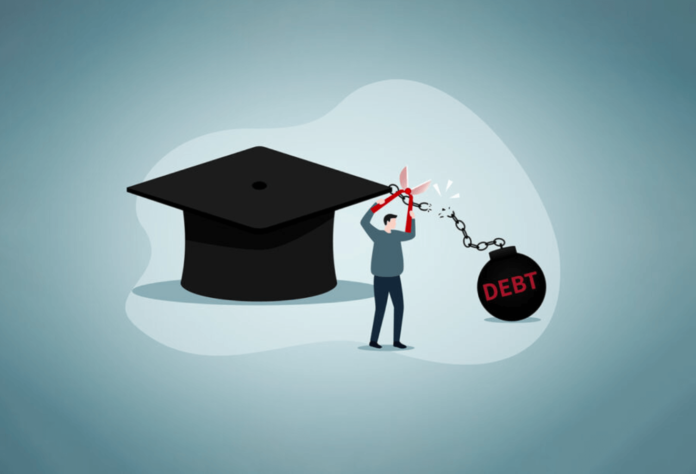Education is often considered a pathway to success in today’s fast-paced world. However, the rising cost of education has left many students burdened with substantial student loans. To alleviate this financial burden, student loan forgiveness programs have become a ray of hope for many borrowers. But here’s the catch – there is a student loan forgiveness deadline you need to be aware of. This article will delve into the intricacies of student loan forgiveness, the associated deadlines, and what you should do to ensure you don’t miss out on this opportunity.
Understanding Student Loan Forgiveness Deadline
What is Student Loan Forgiveness?
It’s essentially a lifeline for those struggling with the weight of their loans.
Types of Student Loan Forgiveness Programs
Several student loan forgiveness programs are available, including Public Service Loan Forgiveness (PSLF), Teacher Loan Forgiveness, and Income-Driven Repayment Plans. Each program has its own set of eligibility criteria and forgiveness terms.
The Importance of Deadlines
Why Deadlines Matter
Student loan forgiveness programs come with strict deadlines that must be adhered to. Missing these deadlines could mean missing out on the opportunity to have your loans forgiven, and no one wants that.
The Common Deadline
The 10-year mark for Public Service Loan Forgiveness is the most common student loan forgiveness deadline. Borrowers who have made 120 qualifying payments while working in public service can have their remaining loan balance forgiven after 10 years of service.
Key Deadlines for Different Programs
1. Public Service Loan Forgiveness (PSLF)
- Deadline: 10 years of qualifying payments while working in public service.
- Eligible professions: Government, non-profit, and public sector employees.
2. Teacher Loan Forgiveness
- Deadline: 5 years of teaching in a low-income school.
- Eligible teachers: Those teaching in low-income schools and educational service agencies.
3. Income-Driven Repayment Plans
- Deadline: 20 to 25 years of qualifying payments under an income-driven plan.
- Eligibility: Based on income and family size.
Meeting the Deadline
Stay Informed
To ensure you meet the student loan forgiveness deadline, stay informed about the specific requirements for your chosen forgiveness program.
Keep Accurate Records
Maintain accurate records of your payments, employment, and any other documentation your forgiveness program requires.
Seek Professional Guidance
Consider consulting a student loan expert or financial advisor to navigate the complexities of loan forgiveness programs. Read more…
Conclusion
Student loan forgiveness programs offer much-needed relief in a world where student loan debt can be a significant financial burden. However, understanding and meeting the associated deadlines is crucial. Missing these deadlines could mean years of continued loan payments. Stay informed, keep records, and seek guidance to maximize these forgiveness opportunities.
FAQs
1. Can I apply for student loan forgiveness after missing the deadline?
Missing the student loan forgiveness deadline typically means you won’t be eligible for forgiveness under that specific program. It’s essential to meet the requirements within the stipulated timeframe.
2. Are all student loans eligible for forgiveness?
Not all student loans are eligible for forgiveness. Federal loans are typically eligible, while private loans are not. However, there are exceptions, so it’s essential to check the specifics of your loans.
3. Can I switch between forgiveness programs if I don’t meet the deadline for one?
Yes, in some cases, you may be able to switch to a different forgiveness program if you don’t meet the deadline for one. However, it’s essential to understand the requirements and limitations of each program.
4. Do I have to repay any taxes on forgiven student loans?
In some cases, forgiven student loans may be considered taxable income. It’s advisable to consult with a tax professional to understand the tax implications of loan forgiveness.
5. How can I find out which forgiveness program is right for me?
Research and consult with a student loan expert or financial advisor to determine which forgiveness program aligns best with your financial situation and career goals.

